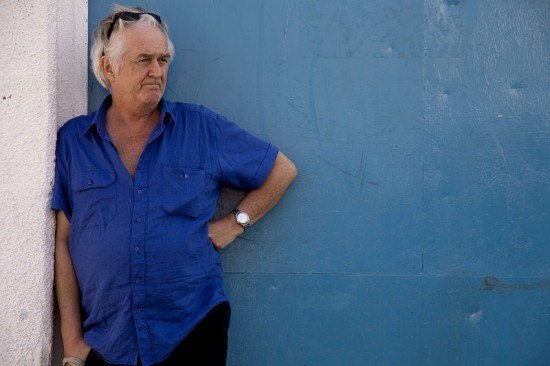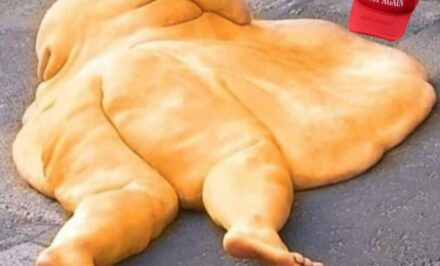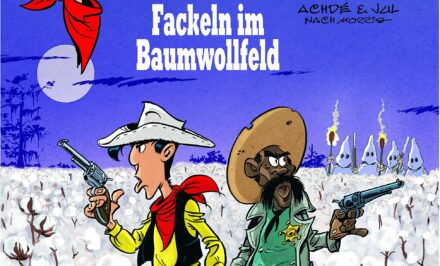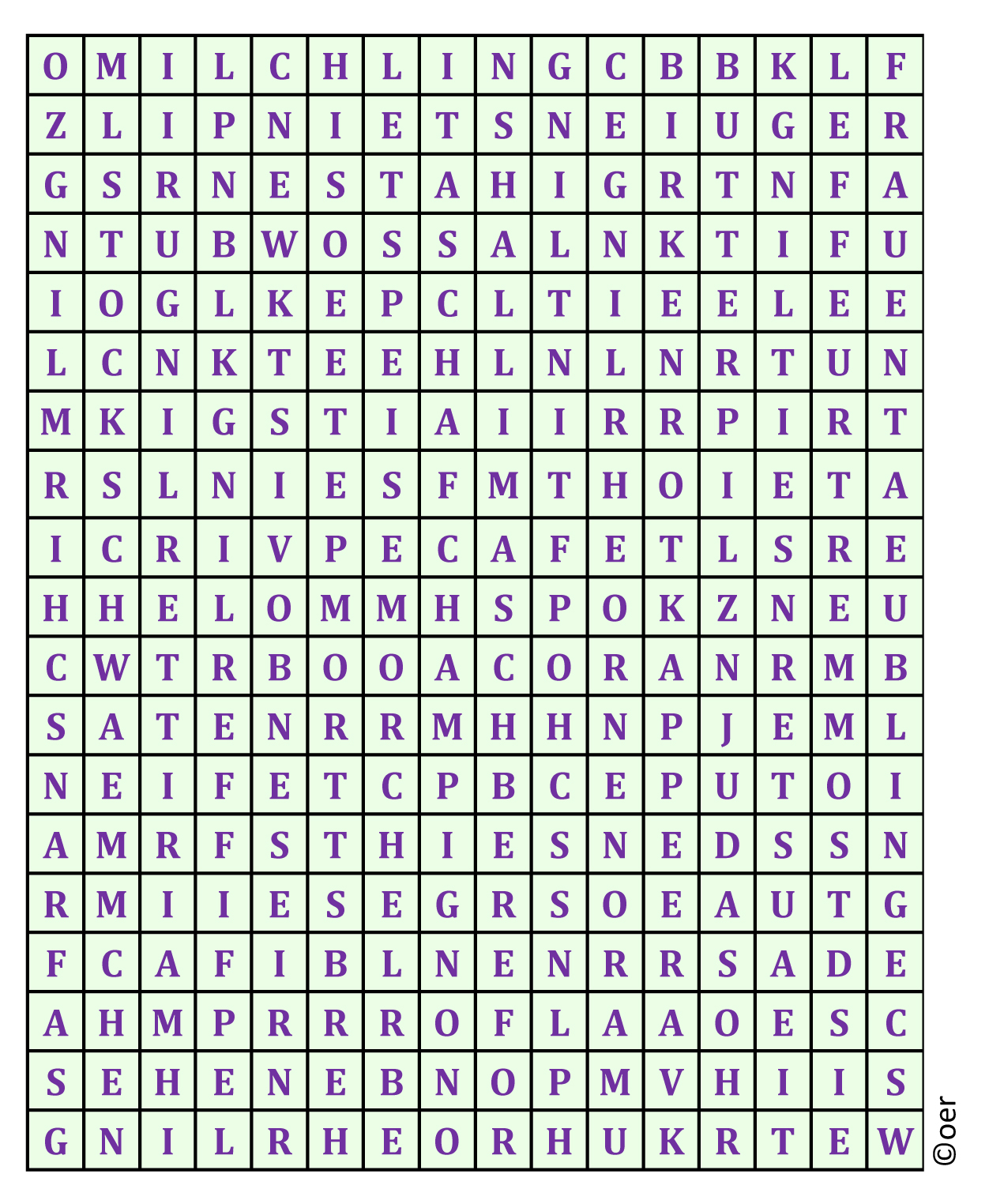Henning Mankel, 1948 – 2015
by John Harvey
I had the good fortune to meet Henning Mankel on several occasions some half-a-dozen or more years ago, when I was in Sweden with a crew from BBC Scotland, fronting a documentary on Mankel’s work as a crime novelist for BBC4. The programme title (it was to be shown in tandem with the adaptations then being filmed with Kenneth Branagh) was Who is Kurt Wallander?, though, of course, it should have been, more properly, Who is Henning Mankel?
We met first in Stockholm, at a conference that Mankel had largely funded, dedicated to the subject of child literacy – one of his major concerns.
… to teach every child in the world to read and write would cost no more than we in the west spend on dog food.
The second, and longer meeting, was at his home in Gothenburg; the last in Ystad, fictional home of his police detective hero, the aforementioned Mr Wallander. It was at Gothenburg that we were scheduled to conduct the main interview, which would become the backbone of the programme. I’d been forewarned that Mankel suffered fools less than gladly, so had come well-prepared, attentively re-reading all of the novels, (in addition to bringing him a CD of the Chris Barber Band playing a batch of Ellington numbers, which I knew he’d long admired) and wanting to show, from the off, that this was a meeting of like minds, if not of equals, and therefore it was to be a serious conversation, concerned with themes and approaches, rather than tittle-tattle and scuttlebutt.
It seemed to work. After the first ten minutes or so, Mankel relaxed and the recorded interview ran for just over an hour. I was especially interested in the socio-political elements in his crime fiction, harking back as it did to the ten politically-driven Martin Beck novels of Maj Sjowall and Per Wahloo, as well as the use of often extreme violence which sets a number of the Wallander stories in motion. It was, we agreed, akin to ways in which Shakespeare, with his references in the tragedies to strange and terrifying happenings, signalled that the world is seriously awry and out of sync. Something, thought Mankel, was rotten in the state of Sweden, if not the world, and we were just not paying it sufficient attention.
A serious writer and a deeply principled man, Mankel put his money where his mouth was. His considerable energies, too. He spent almost half of each year working with the Teatro Avenida in Maputo, for whom he wrote many plays. From endowing a children’s village in Mozambique and funding an oral history project for the families of Aids victims, to his consistent support of the Palestinian cause – sailing on one of the ships attempting to break the Gaza blockade – he was an activist who walked the walk first and foremost, talking the talk as and when he deemed it necessary.
A good man is gone.
Zur Website von John Harvey geht es hier. Informationen zu seinen Büchern hier. Eine CrimeMag-Besprechung von „darkness, darkness“, Harveys letztem Resnick-Roman, findet sich hier.
Der Verlag seiner als eBooks wiederaufgelegten Western ist Piccadilly Publishing, London.
Seine Bücher dort und seine Western-Pseudonyme finden sich hier.
(Foto John Harvey: (c) Molly Ernestine Boiling // Foto Henning Mankell: wikiCommons)
Verlagsinformationen zu den Büchern von Henning Mankell finden Sie hier.
Eine dezidiert andere Haltung gegenüber Henning Mankell hat Thomas Wörtche in einem Text von 2010 begründet. Sie finden ihn hier.












